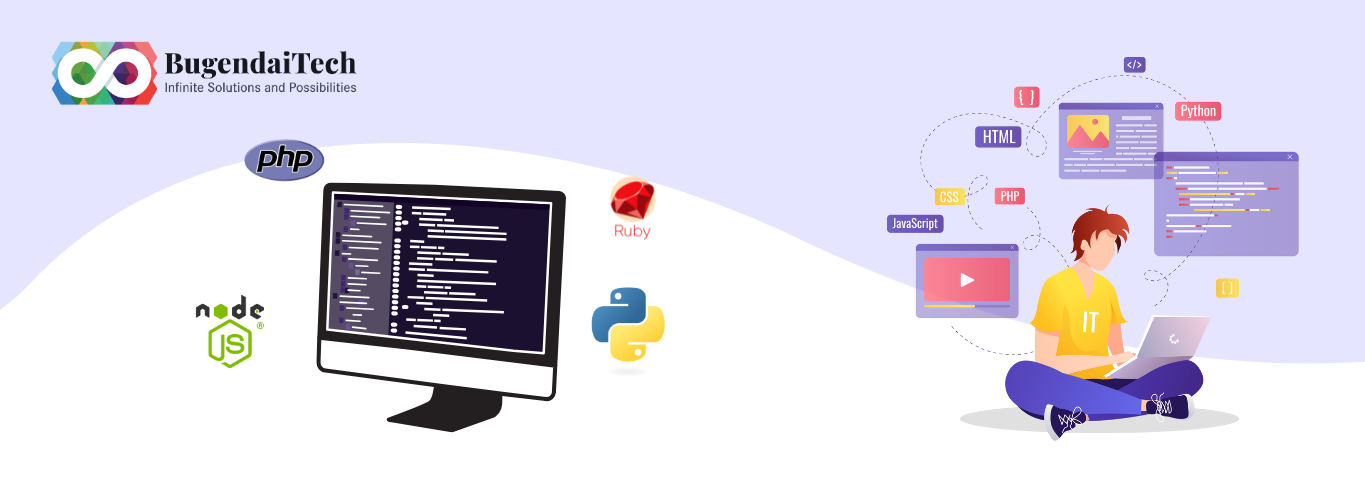
The Future of Hiring: Replacing Interviews with AI Technology
Published on
23 November 2024
Author
Roshan Kumar Vu
The classic interview has long been the foundation of talent acquisition. However, as technology advances, Artificial Intelligence (AI) is poised to transform how we identify and employ top individuals. Here is an in-depth look at why replacing the traditional interview process with AI is more than a trend; it is a necessity for the future.
Reducing Employment Bias
Another significant issue that artificial intelligence can effectively solve is reducing employment bias. Whether conscious or unconscious, human biases can sway employment decisions based on gender, age, ethnicity, or even the interviewers atitude.
When properly built, AI evaluates candidates exclusively on their abilities, experience, and qualifications, resulting in a more diverse and inclusive workforce based solely on merit.
Enhancing Candidate Experience
Candidate experience is critical to the hiring process, and AI may dramatically improve it. AI-powered chatbots can deliver real-time updates on application status, answer questions, and even perform the first interviews at a candidates preferred time. This degree of interaction keeps candidates informed and eliminates the stress and uncertainty frequently connected with the hiring process, resulting in a more favorable overall experience.
Data-Driven Insights
AIs capacity to evaluate massive volumes of data gives recruiters useful insights that would otherwise be ignored in a traditional procedure. Based on an examination of previous hiring and other relevant data, AI can find patterns and forecast which candidates would perform well. These data-driven insights result in better informed and strategic hiring decisions, improving new workers overall quality.
Early Assessments
AI can perform early assessments using pre-screening questionnaires and aptitude tests. These tests can examine individuals technical capabilities, cognitive capacities, and even cultural fit. AI can analyze responses in real-time, providing candidates with fast feedback and assisting recruiters in making informed hiring decisions.
Descriptive Analysis
- Video Interviews: AI can improve video interviews by assessing not only the content of a candidates responses but also their tone, body language, and facial expression. Through emotion detection algorithms, AI can provide insights into a candidates confidence, enthusiasm, and genuineness. This provides an additional layer of analysis beyond what human interviewers may perceive.
- Skill Assessments: AI-driven skill assessments can provide a thorough evaluation of a candidates abilities. Coding assessments, for example, might be evaluated based on efficiency, problem-solving methodology, and adherence to best practices. AI can create complete reports that identify strengths and areas for improvement, allowing recruiters to make more educated judgments.
- Behavioral Analysis: AI can assess behavioral reactions to detect characteristics like leadership potential, teamwork, and adaptability. By comparing answers to a large database of responses, AI can establish benchmarks and forecast how candidates would do in various situations. This predictive study aids in determining cultural fit and prospective success.
- Feedback and Improvements: AI can detect similarities in comments from numerous interviews, highlighting common themes and disparities. This aids in fine-tuning the interview process and training interviewers, resulting in a more standardized and fair evaluation. AI can also recommend modifications to job descriptions and interview questions based on successful hires and candidate feedback.
Predictive Analytics
Using previous data, AI can forecast which individuals will likely thrive in the post and stay with the organization for the long run. AI uses data to predict candidate success by examining aspects such as career progression, skill development, and previous job performance. This decreases turnover and increases overall employee happiness.
Recruiters frequently devote a substantial amount of time to administrative duties like scheduling interviews, sending follow-up emails, and running background checks. AI can automate these chores, allowing recruiters to focus on more strategic activities such as developing relationships with potential applicants and improving the employer brand.
The initial investment in AI technology can yield significant long-term savings. AI helps to make the employment process more cost-effective by shortening the hiring process, boosting hiring quality, and lowering turnover rates. Additionally, the capacity to grow hiring activities without increasing human resources improves cost efficiency.
As AI advances, its capabilities will only expand, making it an essential component in future-proofing the recruiting process. Early adoption of AI puts enterprises at the forefront of technological breakthroughs, ensuring they are ready for future trends and innovations. This proactive approach to hiring gives you a competitive advantage in attracting and retaining top people.
Conclusion
Incorporating AI into the interview process aims to improve the overall quality and fairness of hiring decisions rather than only automating duties. By automating routine processes such as resume screening and scheduling, AI allows recruiters to focus on more strategic areas of talent acquisition.
Furthermore, AIs capacity to perform descriptive and predictive analysis provides deeper insights into candidates abilities, behavior, and potential, resulting in better informed and successful recruiting decisions. Using artificial intelligence in interviews is a step toward a more efficient, unbiased, and data-driven hiring process.
As technology advances, AI will play an increasingly important role in talent acquisition, assisting firms in building a better, more diverse, and high-performing workforce. The future of employment is here, and it is driven by AI.

